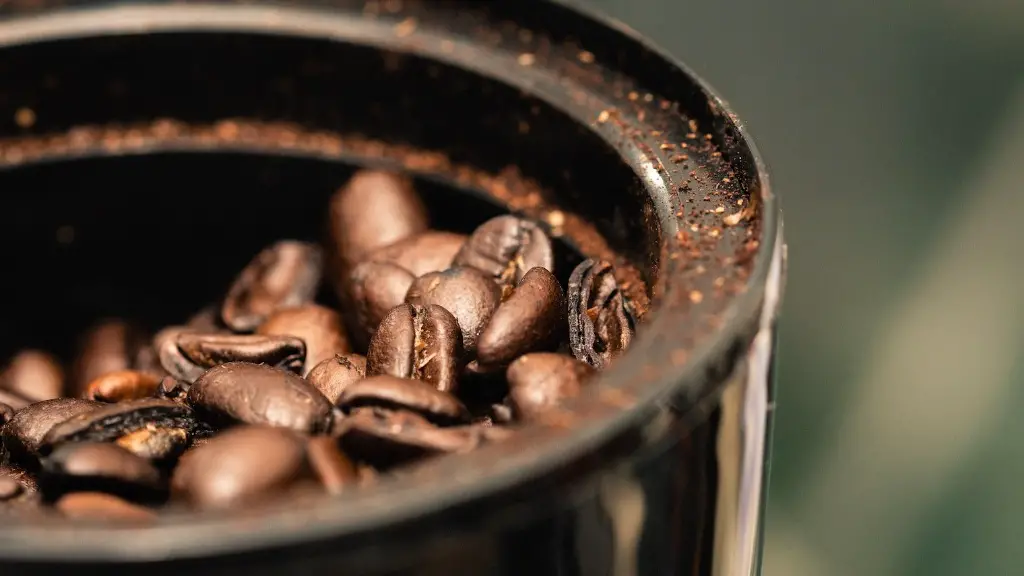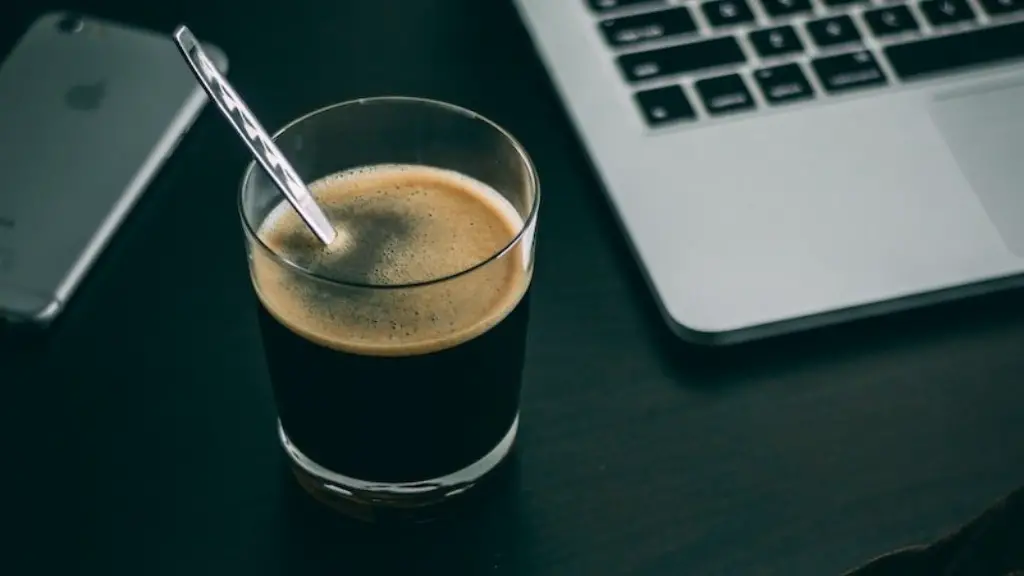The question of whether one can drink coffee before a blood test is one that many have pondered. On one hand, some may believe that a cup of coffee will help them feel more awake and alert for the test. On the other hand, there is some speculation that it could have an adverse effect on the accuracy of the results. To answer the question, let us explore the potential impacts of coffee prior to a blood test.
Firstly, drinking coffee before a blood test doesn’t necessarily mean the test results will be inaccurate—it is not necessarily the cause of any variance. It is important to understand the process of a blood test before making any kind of assumption. Blood tests are used detect illnesses or conditions and identify abnormalities associated with the body’s functions. The blood sample is first taken through the arm and then sent to a laboratory for examination. Results are typically available within 24 to 48 hours.
In terms of the effects of coffee prior to a blood test, colloquially speaking, caffeine is known to lead to elevated levels of nervousness. Caffeine is a natural stimulant, when taken before a medical procedure, can lead to increased palpitations or the feeling of heart racing, This could potential skew the results of the blood test, as the patient’s stress level or anxiety impacts the accuracy of the results.
Moreover, some research has suggested intake of caffeine directly before a medical procedure, such as a blood test, could potentially have negative effects. Caffeine is known to restrict the flow of blood in the body due to vascular constriction of the arteries and vessels, thereby reducing oxygen-rich blood to the heart.
However, it’s important to note that the effects of drinking coffee before a blood test are purely speculative and can depend on other factors. For example, your body’s level of tolerance to caffeine, and the amount you’ve consumed. If you already have a high caffeine tolerance, drinking a cup of coffee is not likely to affect your blood test results.
Caffeine and Blood Tests
Although caffeine can impact the accuracy of some blood tests, it is not necessarily a cause of inaccurate results. The most common example is when it comes to testing for HbA1c levels, which detect levels of glucose in the blood over a three-month period. If caffeine is consumed prior to this type of test, it has the potential to throw off the results, as it’s a stimulant.
On the other hand, caffeine consumption isn’t likely to affect more standard blood tests, such as a full blood count or a cholesterol test. Nonetheless, it’s best to consult with your doctor or a clinic nurse, who can provide professional advice regarding caffeine consumption prior to a medical procedure.
Coffee and Fasting
Another factor to consider when thinking about whether to drink a cup of coffee before a blood test is fasting. Many medical procedures require fasting for a set period of time beforehand. Whilst one cup of black coffee without milk or sugar is usually considered okay, other beverages, such as caffeinated teas, chocolate drinks, and alcoholic drinks should be avoided. Therefore, it is wise to check with your doctor or clinic nurse if fasting is necessary for the specific type of test.
In short, one cup of black coffee prior to a blood test is likely to be okay, but it is important to understand the specific type of blood test and whether fasting is required. If in doubt, it is advisable to check with your doctor or clinic.
Other Factors to Consider
Apart from caffeine, there are other factors that could potentially affect the accuracy of a blood test. For instance, if the blood sample is not stored correctly or the patient is nervous or anxious during the procedure, it may lead to unreliable results.
The best way of ensuring accurate results is by following your doctor or clinic’s instructions carefully. It is also important to provide accurate information about your medical history and any medication that you are taking. Doctors also recommend drinking plenty of water before a test to ensure it produces as accurate results as possible.
Health Officials and Blood Tests
In terms of the opinion of health officials on drinking coffee before a blood test, it is generally not recommended. According to the U.S. National Library of Medicine, it is preferable to avoid caffeine-containing beverages, such as coffee, a few hours before a blood test. This is to reduce the possibility of inaccurate test results.
Nonetheless, the opinion of health officials doesn’t always match the opinion of scientists. According to a research study led by Theodore R. Levin and Clare L. O’Leary at the University of Texas Southwestern Medical Center, there is no evidence that drinking a cup of coffee can interfere with laboratory results. The study concluded that moderate coffee consumption prior to laboratory testing does not necessarily cause inaccurate results.
Conclusion
In conclusion, whether one can drink coffee prior to a blood test will depend on various factors such as the type of test and any special instructions from your doctor or clinic. Whilst moderate intake of caffeine isn’t necessarily going to cause inaccurate results, it is best not to assume that it won’t. As always, it is important to check with your doctor or clinic nurse before consuming any caffeine-containing beverage to ensure optimal accuracy of the results.



